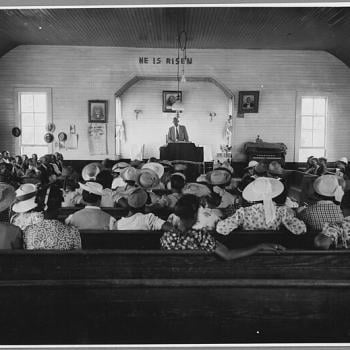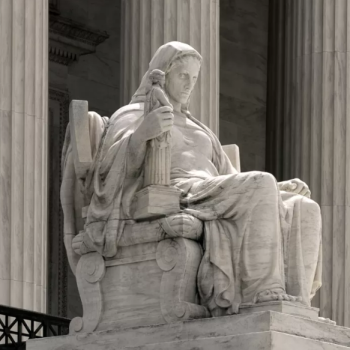But at the second feast, Esther reveals Haman's plot to destroy all of her fellow Jews. The king is furious, but in typical fashion cannot decide what to do, so he rushes into the garden to try to think. Meanwhile, Haman throws himself physically on the queen's couch just as the king reenters the room. Immediately, the king is convinced that Haman has recklessly attempted some sort of sexual contact with his queen and orders Haman to be hanged on the absurdly high (50 cubits or about 75 feet!) gallows he had built for Mordecai. What goes around comes around, and Haman's neck is publicly stretched.
But the Jewish problems are not yet over, because when the Persian king decrees a thing, it must happen. And the destruction of the Jews has been decreed. So Esther begs the king to decree some more, this time to allow the Jews their day of revengeful destruction. And here is the great problem of the book. Does this new decree allow the Jews the right of self-defense against their enemies, or are they given the right to slaughter their enemies willy-nilly? And the answer appears to be "yes" on both counts. Esther 8:11 speaks of "defense," while 9:5-10 suggests a vast slaughter. Self-defense or freedom to kill? It makes a large difference, of course. It does make the book not the simple Good and Evil story it has been made out to be.
But it has served Judaism for centuries with a tale to provide hope in the midst of despair, and perhaps that is a far more important reason to reflect on it. All of us, in whatever exiles we are in, are ever in need of such stories when the flame of freedom is guttering and the spark of hope is dim. Who knows? Perhaps we too have come to our destinies for such a time as this?





